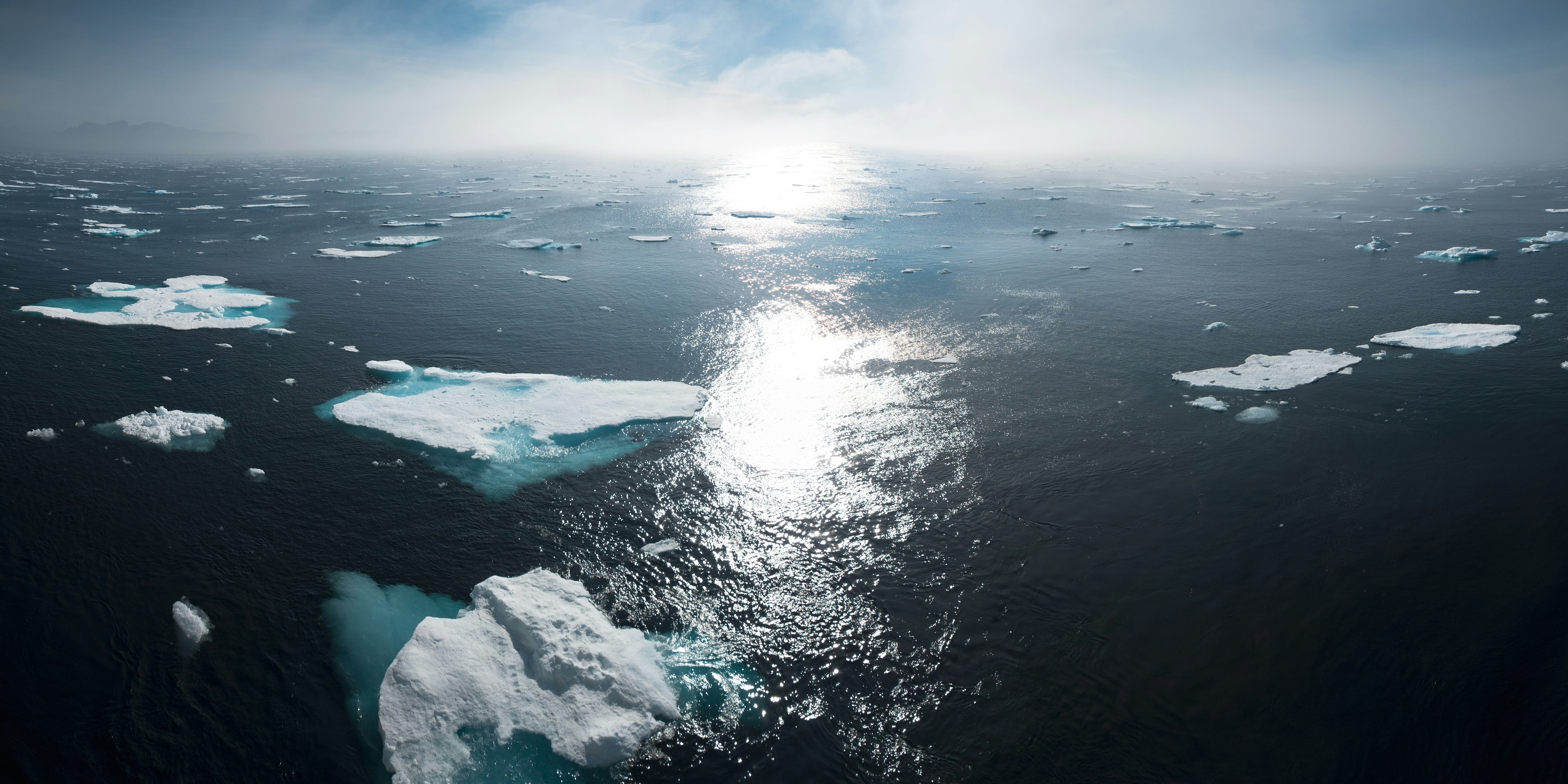One researcher's mission to reduce air travel

The new Airbus A 380 super jumbo jet airplane stands at Frankfurt airport. Image: REUTERS/Kai Pfaffenbach

Get involved with our crowdsourced digital platform to deliver impact at scale
Stay up to date:
Future of the Environment
At the UN Climate Change Conference in Paris last December, the 195 participating states agreed on the objective of keeping global warming to well below two degrees Celsius. After this historic breakthrough, it's now time to put these political objectives into action. Global CO2 emissions must be completely halted within a few decades. [1] If this is to happen, we need radical changes – both large-scale and small-scale – and we need them now. So in that spirit, I have made a resolution: this year I will not fly.
In the maelstrom of globalisation
I got off to a slow start with flying. Before I finished my studies, I’d never even set foot in a plane, nor did I have a driving licence. That was nothing unusual at the time – not for an environmental science student, anyway. Fifteen years later, I have travelled at least ten times around the world for work, I regularly fly to other continents, and I have a driving licence in three different countries. Nowadays that’s nothing unusual either, not even for an environmental scientist.
Since the 1990s, frequent journeys to faraway lands have become somehow commonplace – they are now universally accepted and part of everyday life. Environmental scientists, though, find themselves in a quandary: flying isn’t environmentally friendly, but it’s also the perfect fit for a job where you need to make new discoveries and exchange ideas with like-minded people from different cultures.
This year, I won't be boarding a single plane. This won’t be easy, as I’ll continue to be responsible for international projects. I've already turned down several lecture invitations and will have to cancel commitments for a number of committees. I'm also mindful of some of the exciting opportunities for new projects in other countries. Without flying, it's hard to see how any of them can happen.
But it's precisely because it's difficult that this interests me. Right now, giving up flying seems like quite an adventure, as exciting as flying itself was in its early days. It’s going to take some innovation – and not just in terms of finding good excuses (not being able to fly because of climate change probably won’t cut it). I’ll also have to find new ways of working. Hopefully people will accept my offers to speak at conferences via Skype. After all, it’s worked in the past. For ETH’s research partnership in the Seychelles [2] we’re working on virtual methods of teaching and working. In this respect, the MIREN [3] international mountain project could serve as a good template. For ten years now, I have coordinated it mostly from home.
A matter of credibility
The Paris conference was a high point for the credibility and symbolic power of environmental science. The international community committed itself to fundamental societal change, even though only a few experts understand the complex climate models involved. People trusted the scientists and their analysis of the problem.
We are now entering a new phase, in which the challenge is no longer to recognise problems, but to solve them. New kinds of credibility and facts will be called for. From now on, scientists will be judged by whether they can answer their own calls for radical solutions. Flying is a good testing ground for this question. It is unlikely that new technologies will make air travel carbon neutral in the next few decades. We cannot allow ourselves to rely on new technologies alone to guide us towards a sustainable society; it will take behavioural changes and social innovations too. [4]
Should ETH limit the number of flights its staff and students take? I think so. It certainly wouldn’t be easy, but it could provide some interesting opportunities: ETH would be able to show its capacity for innovation, and safeguard its credibility. Here we could show that the transformation of an institution on environmental grounds is actually possible. ETH itself would become an experiment.
Taking 2015 as a reference, it’s conceivable that we could lower the number of flights taken by 10% in 2016, by 20% in 2017, and by 50% before 2020. If we carry on gradually reducing the number after that point, by 2040 we could be down to a figure of 10 flights a year for the whole of ETH.
Who’s with me?
I am convinced that we can be innovative. We will set criteria for worthwhile flights and develop new forms of international scientific collaboration. Perhaps it could even lead to new priority research areas, for example an increased focus on Switzerland as a model for social transformation towards an climate friendly, sustainable future.
In any case, I will be reporting on my experience of giving up flying towards the end of 2016, in this blog. In the meantime, I’m looking forward to a lively discussion.
Don't miss any update on this topic
Create a free account and access your personalized content collection with our latest publications and analyses.
License and Republishing
World Economic Forum articles may be republished in accordance with the Creative Commons Attribution-NonCommercial-NoDerivatives 4.0 International Public License, and in accordance with our Terms of Use.
The views expressed in this article are those of the author alone and not the World Economic Forum.
Related topics:
The Agenda Weekly
A weekly update of the most important issues driving the global agenda
You can unsubscribe at any time using the link in our emails. For more details, review our privacy policy.
More on Nature and BiodiversitySee all
Andrea Mechelli
May 15, 2024
Sha Song
May 8, 2024






